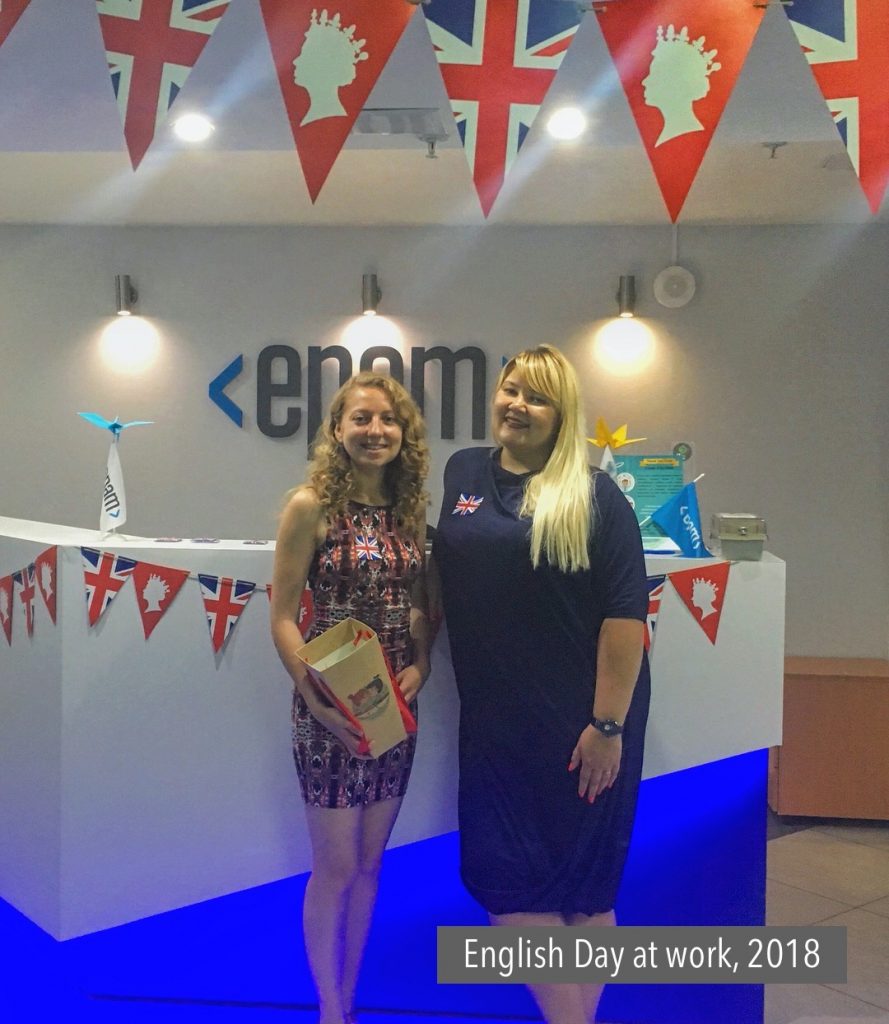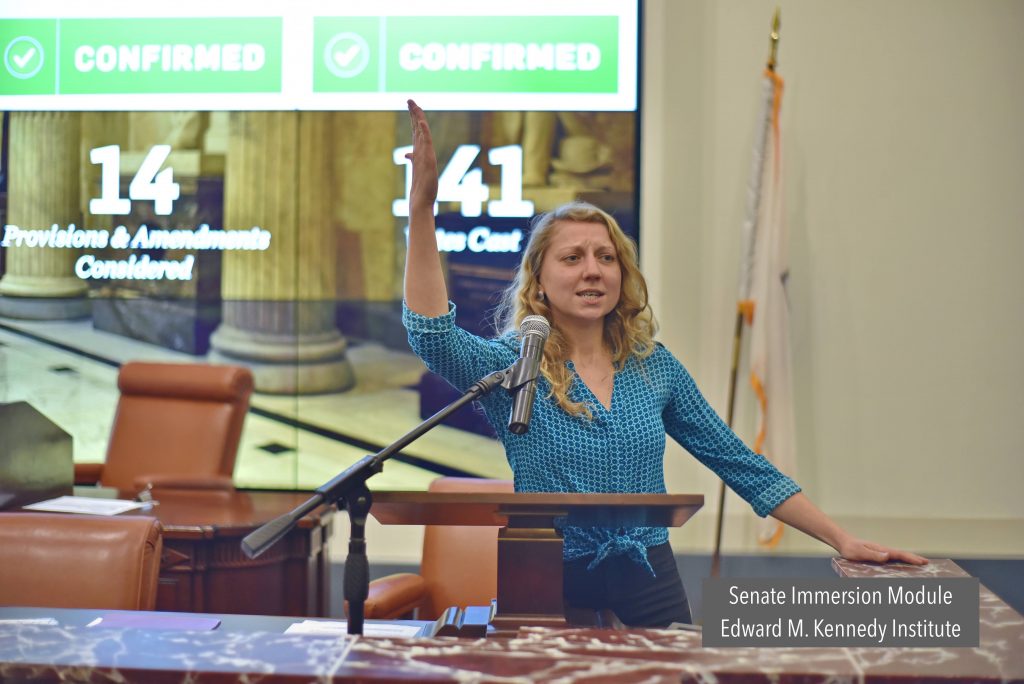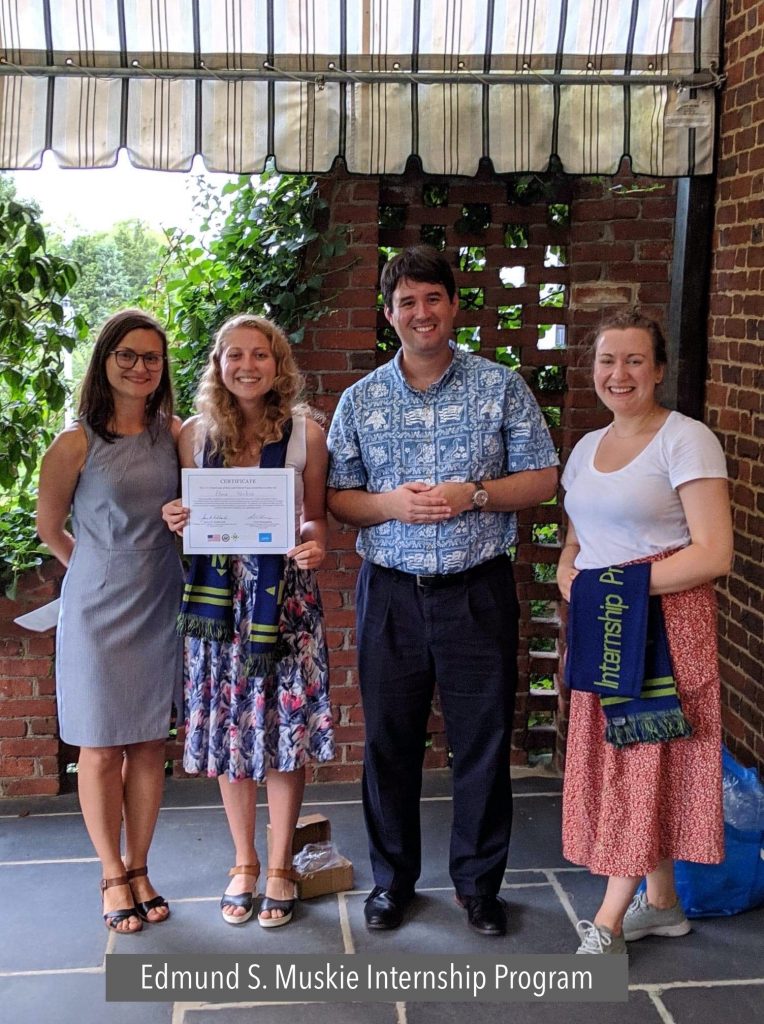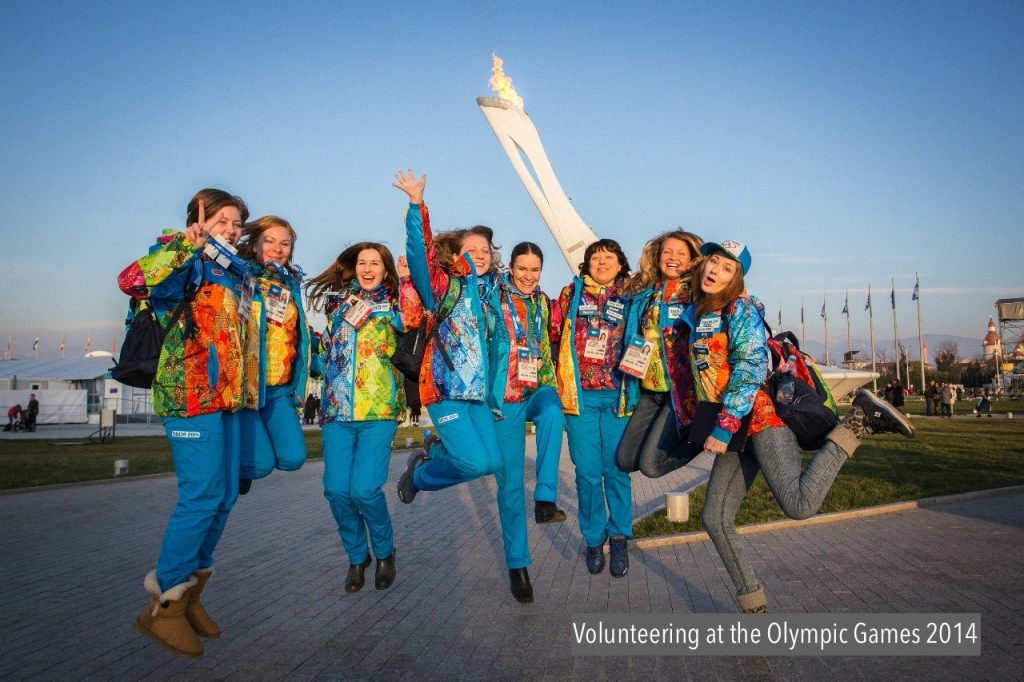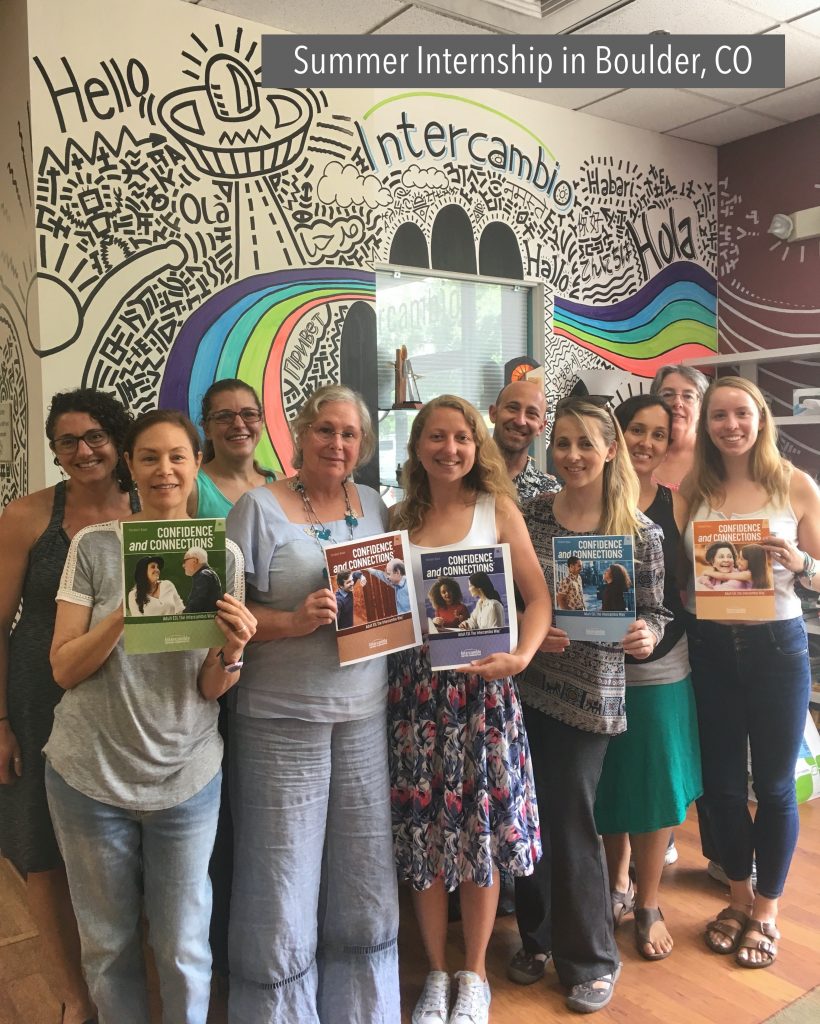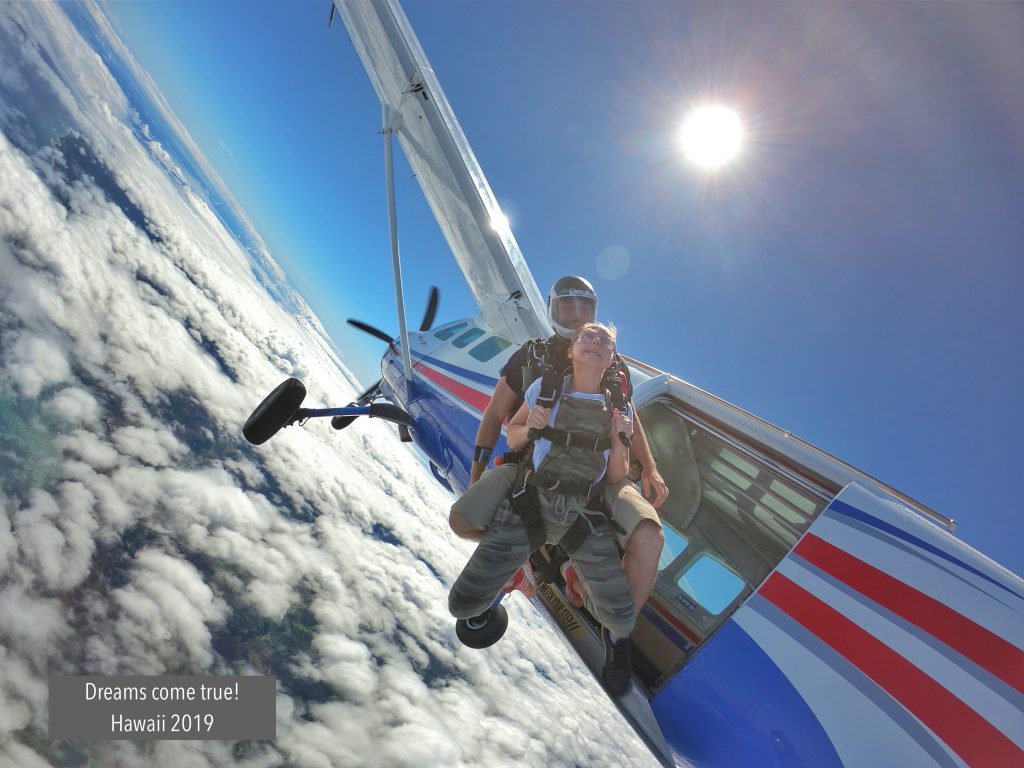Like most MSU students right now, Elena Vasileva has returned home to finish her semester virtually due to the COVID-19 pandemic. The only difference is that for her, home happens to be in Russia. Elena was studying at MSU through the Fulbright scholar program, finishing the last semester of her master’s in TESOL (Teaching English to Speakers of Other Languages).
Growing up, teaching English was the last possible career path she imagined for herself, for several reasons. “When I was a child, I thought, “Never ever will I learn English. This is impossible, so hard.” And my second thought was “Never ever will I be a teacher, that’s the worst job ever.”” This all started to change when she was 14, and left to study in Germany as an exchange student.
When she went abroad, Elena realized quickly that her lack of language skills beyond Russian—German, English, or otherwise—was a problem. As much as she loved her first real experience abroad, the feeling of not being able to communicate with others was frustrating. After returning to Russia, she knew she wanted to keep travel the world and expanding her mind, and that to do so, she’d have to learn a language. But when she told her teachers she was going to learn English, they discouraged her. She was told it would be impossible; the language exam was too hard, and she wasn’t smart enough to pass. But Elena was determined. She learned enough of the language to pass the exam in just 5 months, and was accepted into a university to study language teaching.

The unexpected career path brought Elena plenty of adventures even before the Fulbright program. She got a second chance to study in Germany, where she learned her third language and found her world opening for the first time—the exposure to new cultures, this time with languages under her belt as well, changed her personality completely. Eager for more experiences with people from all over the world, she later had the chance to work as an interpreter at the 2014 Olympics in Sochi. Along with many other experiences—from volunteer work in Warsaw, for which she picked up basic Polish, to a teaching stint in Budapest—Elena has worked with languages all over the world.
Before coming to MSU, she was teaching English back in Russia, to everyone from young students to IT engineers. Both this time and her experiences abroad shaped her views on teaching. She learned that her job wasn’t just about teaching people how to communicate in a foreign language. “For me, teaching language is helping people to broaden their horizons, to achieve their goals, and to bring a positive change to their lives.”
One of the benefits of her time here at MSU was that the TESOL program offered a new angle into language teaching: research. Though she still prefers teaching to research full time, the addition gave her a new perspective on her own teaching, one that she can use to continue using research-based practices in the classroom. For more hands-on experience, Elena also had an opportunity to do an internship in Boulder, Colorado, where she co-authored 10 curriculum books for teachers of English to refugees. With all of these experiences added on to her previous teaching experience, Elena’s hope is to become a teacher educator after graduation.
The importance of the field has become even clearer to her after all of these experiences. She’s learned that her job isn’t just about teaching people how to communicate in a foreign language. “For me, teaching language is helping people to broaden their horizons, to achieve their goals, and to bring a positive change to their lives.”
Of course, the academic opportunities weren’t the only benefits of the Fulbright program. Elena also had another opportunity to become immersed in a new culture. She’d heard from other international students, and experienced firsthand, that it could be a struggle to make friends with Americans. But after enough time trying, she learned it was really a cultural difference—relationships just moved a little slower here. To meet people, Elena did what most other incoming MSU students do: she went to Sparticipation and joined groups with shared interests to her, including the MSU Outdoors Club and the MSU Climbing Club. From a whitewater rafting trip in West Virginia to an ice climbing adventure in the UP, Elena made lasting friendships with the students here.
It’s precisely these types of experiences with new people that reinforced to Elena one of the other most important lessons she’s taken from language learning: not to make generalizations about people. She grew up in an area of Russia where she didn’t really hear any language other than Russia spoken, and there wasn’t much diversity. She admits that she held some prejudices as a result. But once she started learning new languages and getting to know people around the world, she realized that those generalizations don’t hold up. As Elena puts it, “people are people everywhere,” irrespective of where they come from.
Today, learning a language can seem unnecessary sometimes—for example, if you speak English and assume that most people you meet will also. But there’s more to the process than memorizing words. “Language is not just a system of signs, it’s the whole new world,” Elena says. It teaches us how people communicate, as much as it does about new cultures, lifestyles, literature, and art—it opens up your horizons. And as Elena puts it: “The borders of your language are the borders of your world.”
– Story by Katherine Stark

